-
Opening Keynote - Unveiling Odoo 17
Fabien PinckaersHoàn tất
-
Keynote - Vision & Strategy
Fabien PinckaersHoàn tất
-
Unveiling the Magic of Fine-Grained Reactivity in Owl 2
Samuel DegueldreHoàn tất
-
Performance Deployment
Nicolas SeinletHoàn tất
-
Untangle the Complexity of Inventory Routes & Rules
Hamid AhmadimoghaddamHoàn tất
-
Enhancing User Experience to Build a Product Users Love?
Luc NailisHoàn tất
-
Odoo Advanced Ticket Workflow Management Module
Giovanni CorradoHoàn tất
-
Debugging with a scientific mindset
Fayolle AlexandreHoàn tất
-
Manage your baby store and birth list with Odoo
Dieu SébastienHoàn tất
-
Host your Odoo server on the public Internet: do's and don'ts
Nicolas MartinelliHoàn tất
Giovanni Ughi is co-founder and CEO of Bryo. He founded Bryo with Nikhil Mudholkar to empower SMEs to deliver flawless customer experiences at low cost in the age of AI. Bryo is developing Odoo native apps. Before Bryo he was COO at manufacturing marketplace Kreatize, where he built the supply chain and order to cash operations. He started his career in investment banking, spending 5 years at Rothschild & Co and also built a cosmetics company in Italy distributing to leading retailers like Alnatura and Naturasi'.
Nikhil Mudholkar is co-founder and CTO of Bryo. He built a SQL parser at Capital One to do an automatic translation of 11,000 SQL scripts into python using the ANTLR framework. He has also built AI-based monitoring software throughout his professional and personal projects (e.g. a threat detection engine with ML-powered user-entity-behaviour-analysis at Capital One and algorithmic trading bots). His experience in building parsers for language recognition and AI powered monitoring softwares made Bryo a natural fit for his expertise. He is a graduate in computer science at IIT Bombay.
We're all intrigued by the capabilities of ChatGPT and the promise of the technology it's built upon—Large Language Models (LLMs). These models have the potential to liberate workers from routine tasks, but how can you harness their power for practical, operational use cases?
You may be hesitant to transmit your data to external language models from providers like Google or OpenAI. You also want these models to comprehend and adapt to your specific operational use case.
By hosting your own language models, you can address the data-sharing concern and gain substantial flexibility in fine-tuning these models to suit your operational requirements.
This definitely sounds like a lot of work but let’s think for a second, is that really true? The cool thing about AI is how quickly it's moving and how low barriers to entry there are in setting up your own language models.
This approach unlocks the potential for everyone to create personalized assistants within Odoo, enabling you to:
- Minimize data entry errors
- Ensure you never miss important actions in client and vendor communications
- Liberate your resources from monotonous data entry tasks, empowering them to make strategic decisions.






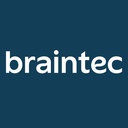


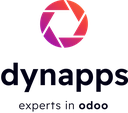









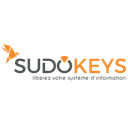




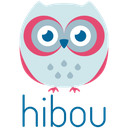










![GLOBAL CREATIVE CONCEPTS TECH CO LTD [ iWesabe ]](https://odoocdn.com/web/image/event.sponsor/2232/image_128/Global Creative Concepts %5B iWesabe Technologies %5D?unique=cf3e01f)






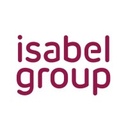






?unique=c0d1cff)


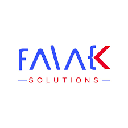


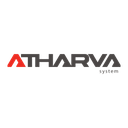










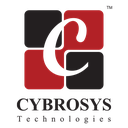




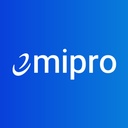

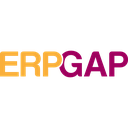









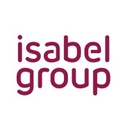


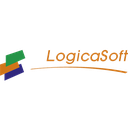

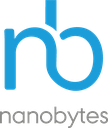


?unique=cda5e59)



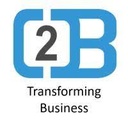


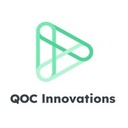

?unique=1da6f7d)


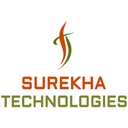

?unique=1059ac2)






